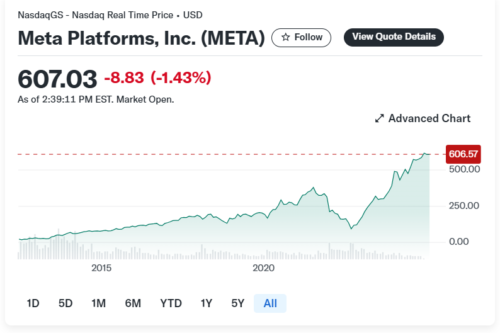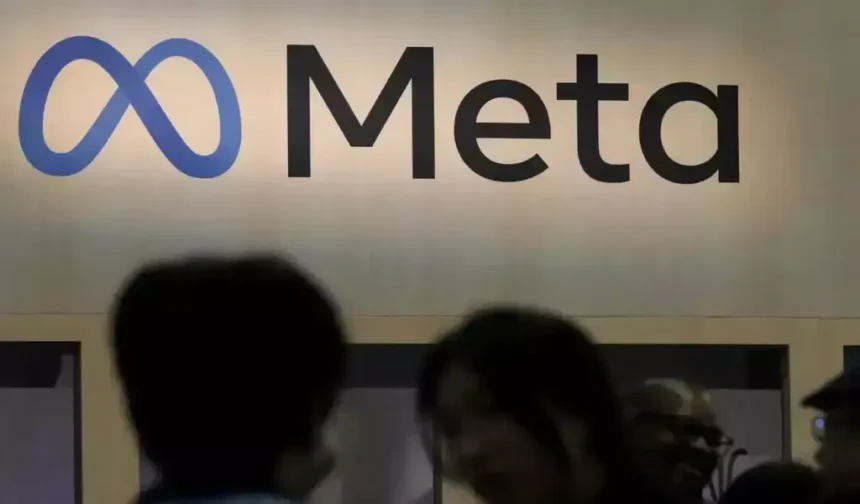The United States Supreme Court denied Meta Platforms (META) ‘s attempt to prevent a multi-billion dollar class action lawsuit filed by advertisers who accused the parent company of Facebook and Instagram of overcharging them by exaggerating the number of people their advertisements would reach on Monday.
Meta filed an appeal against a lower court ruling that allowed marketers to seek damages, as the justices denied a group. The appeal concerned Meta’s claims regarding the “potential reach” of its advertisements.
In March of 2024, a three-judge panel of the 9th United States Circuit Court of Appeals, situated in San Francisco, issued a decision that was 2-1 against the Platform, which is based in Menlo Park, California.
The panel stated that because Meta supplied the same claimed misrepresentation regarding the number of individuals who might see advertisements, the advertisers could try to prove that their damages, estimated to exceed $7 billion, were caused by a “common course of conduct.”
In their lawsuit, the plaintiffs, led by former Meta marketers DZ Reserve and Cain Maxwell, condemned Meta for concentrating on the number of social media accounts rather than the smaller number of actual individuals. They also claimed that The Platform had illegally inflated the possible viewers by 400%.

Impact of Supreme Court Decision on Meta’s Ad Revenue and Lawsuit
Class actions can sometimes result in bigger recoveries at lesser costs than other types of lawsuits, such as those filed by plaintiffs individually.
Since August 15, 2014, countless individuals and businesses have bought ads on Facebook and Instagram. This category specifically pertains to those individuals and businesses.
The Platform mentioned in its appeal that no fewer than three federal appellate courts have dismissed the “common course of conduct” standard.
The company indicated that the test did not consider that some marketers might have found the alleged misrepresentation insignificant or decided not to depend on it.
In addition, it is stated that the 9th Circuit, compared to almost all other federal appeals courts, accords excessive respect to federal district judges who originally certify class actions. This includes the case involving advertising.
An overwhelming majority of Meta’s revenue, which amounted to $116.1 billion in the first nine months of 2024, is generated by advertisements.

Salman Ahmad is known for his significant contributions to esteemed publications like the Times of India and the Express Tribune. Salman has carved a niche as a freelance journalist, combining thorough research with engaging reporting.














